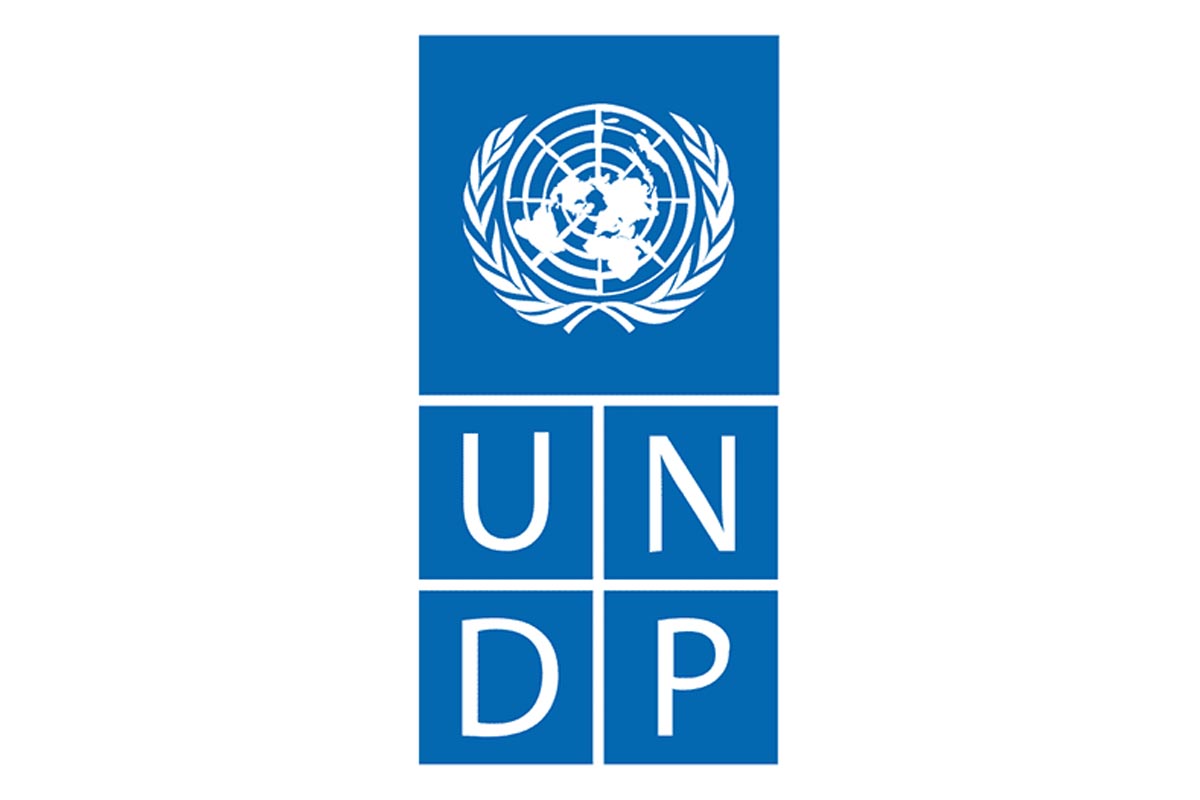A baseline analysis of the socio-economic situation of Safai Sathis or waste pickers was released by United Nations Development Programme (UNDP) India today. The analysis is one of the first large-scale assessments conducted in India, covering 9,300 Safai Sathis in 14 cities, and was released by Mr. Amitabh Kant, CEO, NITI Aayog.
Speaking about it Mr. Kant said “Safai Sathis, or waste pickers are the invisible environmentalists, and play a significant role in waste recycling in India. The social inclusion of informal workers is crucial for sustainable plastic waste management. I am hopeful that the findings from this baseline analysis will help address the vulnerabilities of waste pickers. NITI Aayog is happy to support UNDP and nodal ministries such as the Ministry of
Housing and Urban Affairs and MoSJE in the process of enhancing the resilience of the waste pickers in the country”.
The Baseline was undertaken as part of Project ‘Utthaan – Rise with Resilience’ under UNDP’s Plastic Waste Management Programme. Utthaan is UNDP India’s COVID-19 response enabling Safai Sathis to access government schemes and build more resilient communities.
The Baseline had an equal representation of male and female Safai Sathis and found that the work undertaken by them is highly informal, which restricts income and job mobility: Some of the key findings included:
· 6 out of 10 Safai Sathis reported having a bank account.
· 21 percent of the Safai Sathis reported access to Jan
DhanYojana, with an even lower proportion indicating access and use of
digital payment methods.
· Except for Aadhar and voter cards – ownership of which was reported by more than 90 percent and 60 percent Safai Sathis, respectively– all other forms of identification such as birth, income, caste, and occupation certificates were found to be severely lacking across the community.
· 50 percent of the Safai Sathi reported owning and using a ration card.
· Health insurance coverage among Safai Sathis was below 5 percent.
· Temporary sheds and rented housing were reported as the most common forms of accommodation.
· More than 90 percent of Safai Sathis reported having a continuous drinking water supply, while 80 percent had an electricity supply.
· Access and use of sanitation facilities were reported only by 60 percent of Safai Sathis.
· Wood-based fuels for cooking were recorded at par with cleaner alternatives.
In 2021, UNDP also launched the first-ever Social Protection Facilitation Centre in Goa with the support of the Embassy of Japan to boost access to social protection for Safai Sathis. The Centre acts as a crucial bridge between the government departments operating social protection schemes and Safai Sathis.











